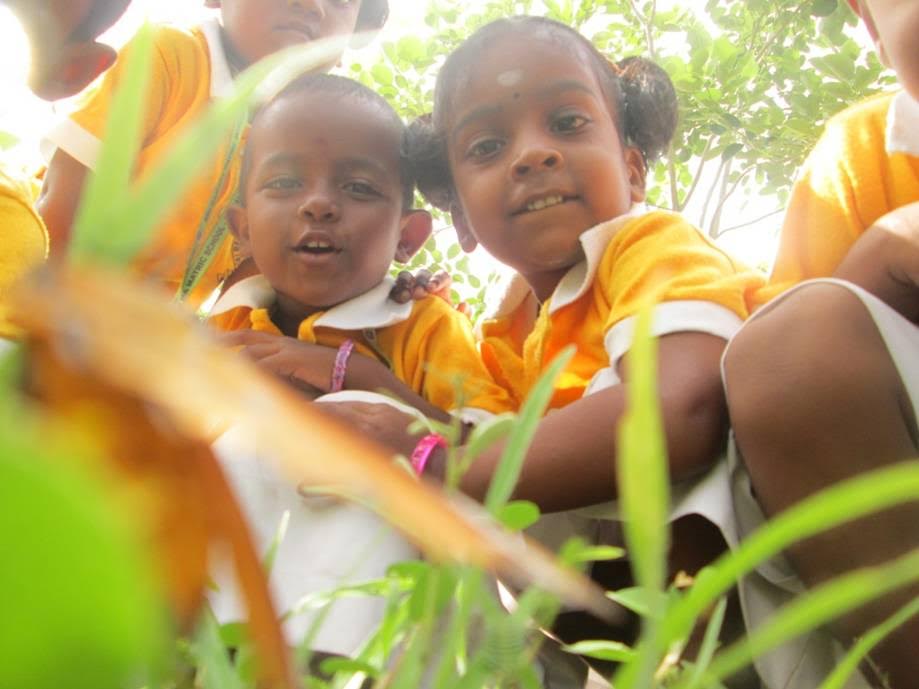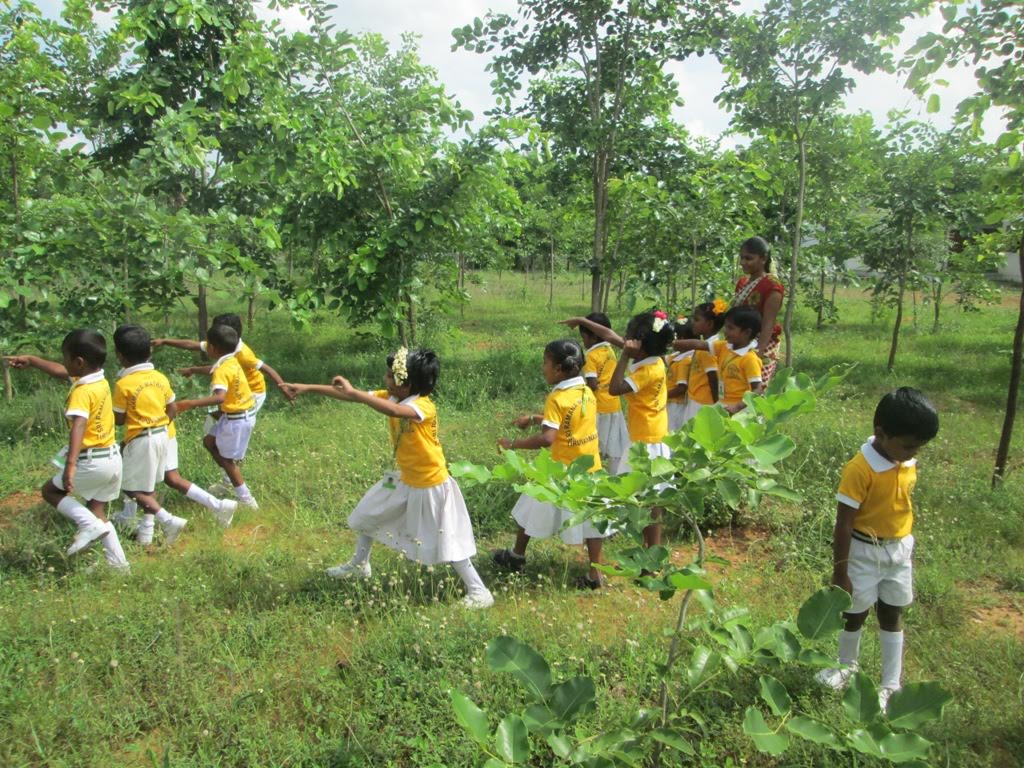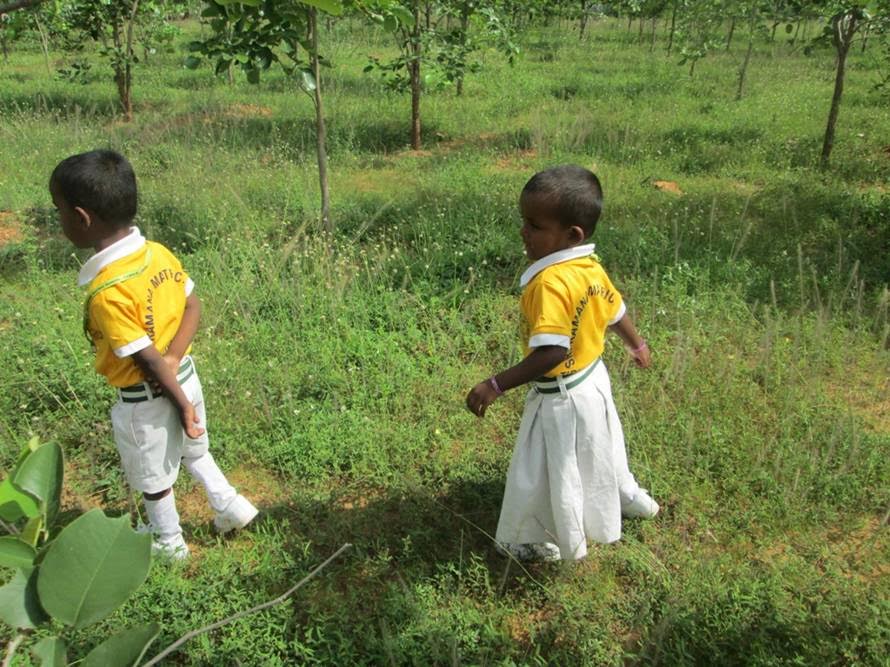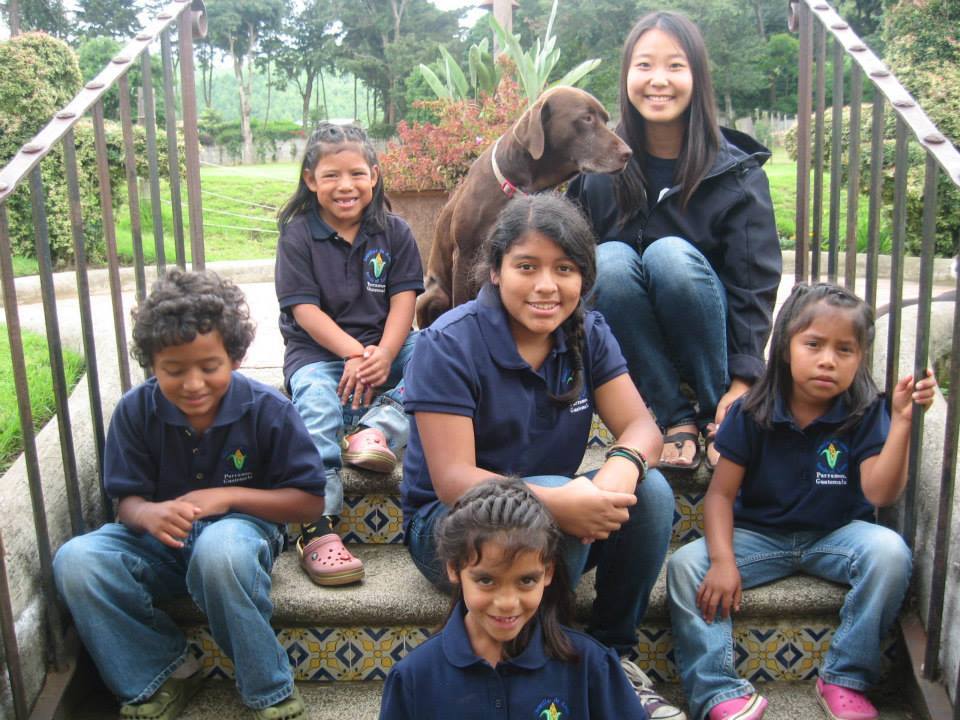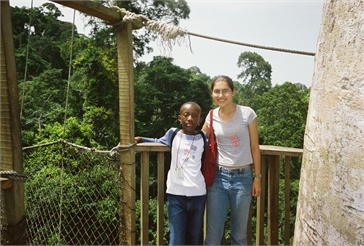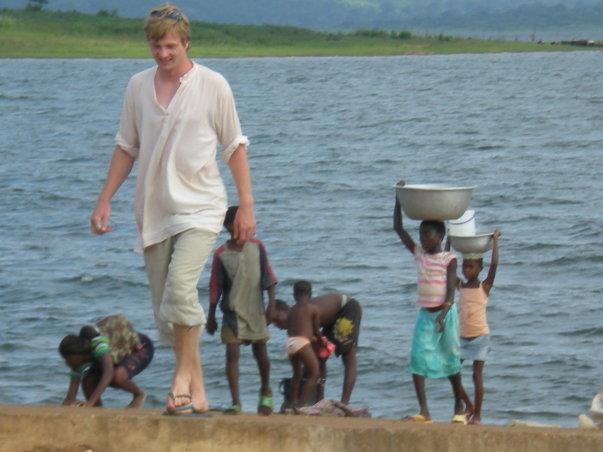Today was butterfly excursion day at the Sri Ramana Matriculation School. The school is one of our volunteer teaching placements in India.
The school’s principal Mr. Karuna sends us updates regularly on the students’ activities and progress.
The school was founded in 1988 with only six children. Today the school has more than 350 students ranging from 4 to 16 years of age.
Butterfly Day in Tamil Nadu:

India Teaching Volunteer Pointing
